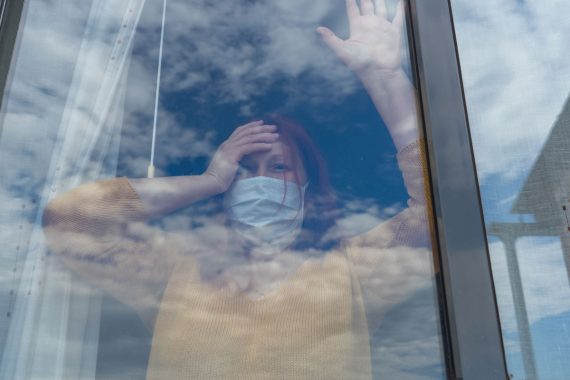Scottish GP practices funded to target ‘lost’ patients

GP practices in Scotland engaging with patients ‘lost’ to the system but who have the greatest need have been given an additional £1m of funds for 2024/25, following the scheme’s success last year.
The Scottish government launched a programme called Inclusion Health Action in General Practice (IHAGP) in 2023 to address health inequalities in disadvantaged areas, targeting patients who aren’t accessing health services.
A total of 66 practices in NHS Greater Glasgow and Clyde were given £1.3m to proactively engage with these ‘lost’ patients under an enhanced service. Allocation of funding to participating practices ranged from £3,446 to £49,415.
Following an evaluation of the programme, the Scottish Government has decided to extend funding by £1m this year and signalled there might be more money to come.
The scheme enhanced patient care, bolstered staff training and strengthened community links, evaluation showed.
It saw the creation of patient engagement and participation groups and led to the provision of more than 7,000 consultation and outreach appointments for Glasgow patients with complex health needs or who were ‘missing’ from healthcare.
So far, consultations have been found to lead to better contact with ‘lost’ patients and improved health outcomes for many individuals, as well as patients developing greater knowledge of the healthcare system and their own role in health improvement.
The scheme also provided training for 200 members of staff, covering areas such as health inequalities, trauma-informed practice, gender-based violence, suicide prevention, service signposting and medical coding as well as abusive behaviour and conflict negotiation.
Overall, the programme benefitted practice staff who reported less stress and pressure and increased moral and job satisfaction, as well as improved understanding of their patient populations and better relationships with patients.
Some practices also experienced reduced demand and need from some patients, and fewer missed and repeat appointments.
However, evaluation highlighted barriers to the effectiveness of the scheme too, for example, outlining the need for staff cover during training time, limited access to training providers and the need time for longer outreach work.
And it said without continued funding, IHAGP activity would unlikely be sustainable.
The report concluded that while the scale of work needed to address health inequalities is ‘vast’ and some factors remain outwith GP control, there is ‘no doubt that more could be achieved’ through long-term continuation of the programme.
The Scottish Government has said funding for 2024/25 will support practices to engage in extended consultations, promote staff training on health equity and trauma, build on improvements to practice policies and strengthen connections with community groups.
Neil Gray, cabinet secretary for health and social care, said: ‘The Scottish Government remains committed to the long-term goals of IHAGP. While the current funding is set at £1m, the positive impacts demonstrated by the programme pave the way for potential future expansions.’
He added: ‘The positive evaluation of the programme underscores its importance and effectiveness in providing enhanced care to those who need it most. Our continued funding of the programme demonstrates our dedication to evidence-informed policy and practices and we look forward to building on the successes of the programme to date.’
A version of this story was first published by Pulse’s sister title Management in Practice
Pulse July survey
Take our July 2025 survey to potentially win £1.000 worth of tokens

Related Articles
READERS' COMMENTS [1]
Please note, only GPs are permitted to add comments to articles













I thought the rest of us just got top sliced for ghost patients.